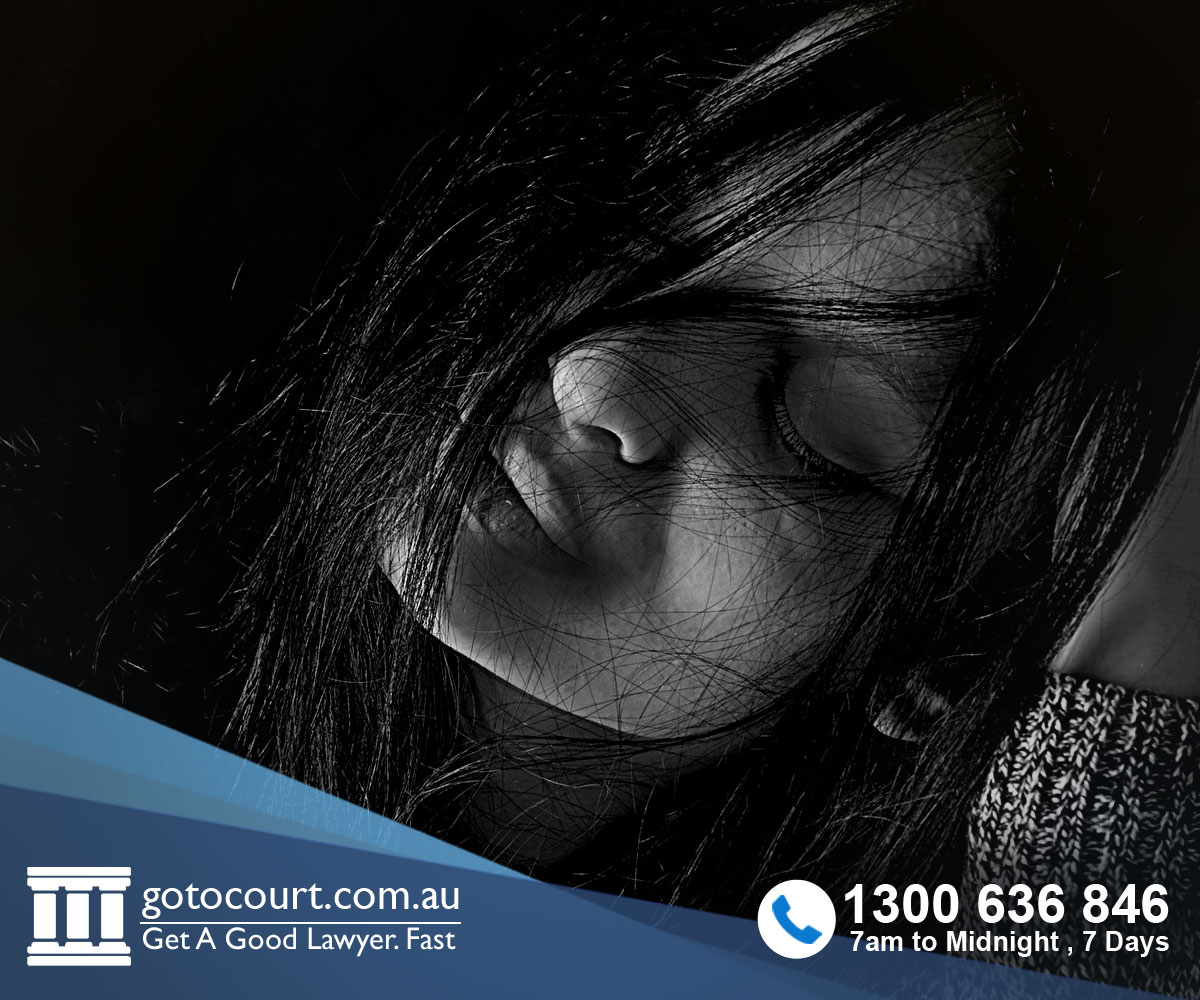Arrest Without A Warrant (Vic)
In Victoria, the power of arrest is governed by legislation. However, the common law still determines how a lawful arrest is required to be affected. In some circumstances, police must have a warrant to lawfully arrest a person. In other situations, it is lawful to arrest without a warrant. This article summarises the situations where an arrest can occur without a warrant.
What is a lawful arrest?
In the case of Slaveski v State of Victoria & Ors [2010] VSC 441, the court determined the following three actions must have occurred for an arrest to be lawful.
- The person being arrested was deprived of their liberty;
- The person performing the arrest must inform the person being arrested that they are under arrest; and
- The person performing the arrest must inform the person being arrested of the reason for their arrest.
When can there be an arrest without a warrant?
In Victoria, the legislation that governs arrest is the Crimes Act 1958. Section 458 of the Act provides for three circumstances in which any person (including a police officer) may arrest a person without a warrant.
The first situation
If a person (including a police officer) finds another person committing an indictable or summary offence, and that person believed on reasonable grounds that apprehension was necessary for a prescribed reason then an arrest without a warrant can be performed.
Section 458(1)(a) of the Act details the prescribed reasons to be as follows:
- To ensure the attendance of the offender before a court;
- To preserve public order; and
- To prevent the offender from continuing or repeating the offence or from committing another offence.
Importantly, the common law has developed important definitions that relate to the interpretation and operation of the first situation. In the case of De Moor v Davies [1999] VSC 416, the court determined the words ‘finds committing’ to have been intended to be given an extended meaning beyond the literal meaning of actually finding an offender committing an offence. Therefore, a person does not need to observe another person committing an offence ‘in the moment’ to be able to perform an arrest in this situation and this can include circumstances that create a reasonable belief in another that one person has committed an offence.
Section 462 of the Act further defines the words ‘finds committing’ to include the following occurrences:
- Where a person is caught ‘red-handed’ committing an offence;
- Where a person is ‘behaving or conducting’ themselves in such a way so as to create a reasonable belief of guilt; or
- Where a person is in such circumstances that it creates a reasonable belief of guilt.
The second situation
If a person is instructed by an authorised police officer to arrest an offender than they are permitted to carry out an arrest without a warrant. However, the police officer authorising a person to perform the arrest must have had the power to arrest that person themselves.
The third situation
An arrest without a warrant can be performed if a person believes on reasonable ground that another person was:
- escaping from lawful custody;
- aiding another person to escape from lawful custody; or
- avoiding an arrest by a person with authority to perform an arrest.
Police and Protective Services Officers
In addition to exercising any of the powers conferred by legislation, a member of the police force or a protective services officer may at any time arrest without warrant any person who is believed on reasonable grounds to have committed an indictable offence in Victoria (including any indictable offence may be heard and determined summarily).
In the case of George v Rockett (1990) HCA 26, the High Court determined that reasonable grounds for ‘believing’ include:
‘the existence of facts which are sufficient to induce the state of mind in a reasonable person’.
The case sets out that an objective test must be met having regard to the facts that give rise to a belief in a ‘reasonable person’.
What should I do if I have been arrested?
Understandably, when a person is arrested, they may not be in the state of mind to think clearly. They may act impulsively which can cause further complications in defending any allegations to be made by police.
If you have been arrested in Victoria, you have the right to make two phone calls and it is imperative that you ask police to allow you to make these phone calls. The first phone call should be made to a lawyer and the second phone call should be made to a family member or friend.
If you believe the force used by a Victorian police officer is excessive or that the arrest is unlawful, you should request that the police officer identify themselves, including providing their name, rank, and police station. This information can be utilised in a complaint made against the police officer which can be made to one of the following bodies:
- The Victorias Ombudsman,
- Independent Broad-based Anti-corruption Commission (IBAC), OR
- Ethical Standards Department of Victoria Police.
Should you require legal advice or representation in any legal matter, please contact Go To Court Lawyers.





